A meat-free revolution may be taking hold in China, as a new generation of consumers is increasingly alarmed by food crises such as coronvirus and African swine fever. The market for plant-based substitutes is now firmly established and growing fast at 20-25% annually. There is potential for even higher growth as prices fall.
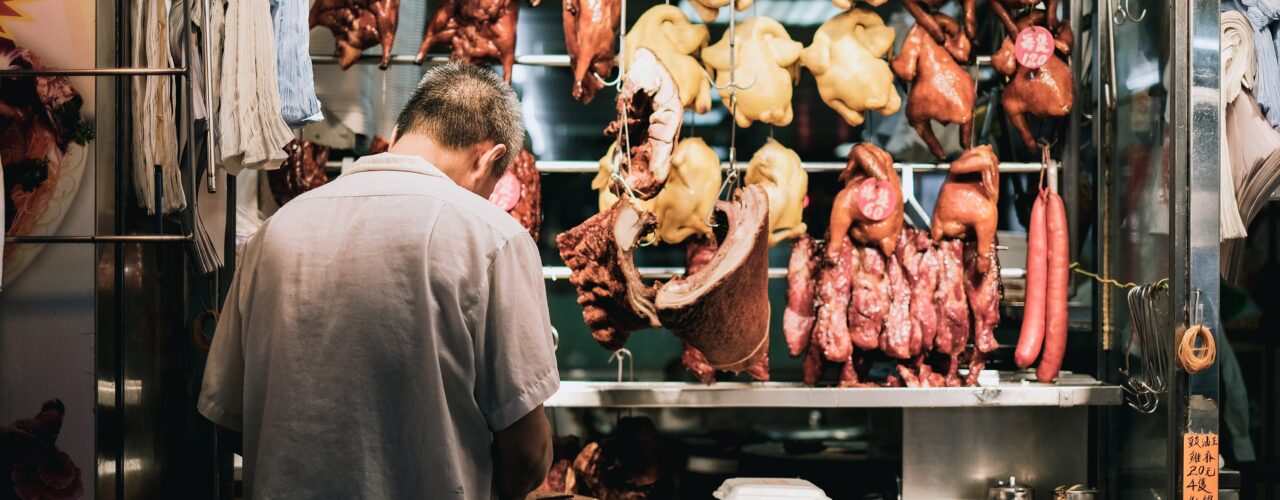
So What?
Rising meat consumption has hitherto been the norm in China, as eating meat every day is associated with affluence. China now consumes 28% of meat globally and half of all pork. This has had massive knock-on effects on zoonotic diseases, public health, carbon emissions and animal welfare. In 2016 the Chinese government outlined a plan to reduce meat consumption by 50%, with a focus on alternative proteins. Could strong investment by the government turbo-boost this meat-free trend and cause a significant shift? If so, this could have global ramifications.
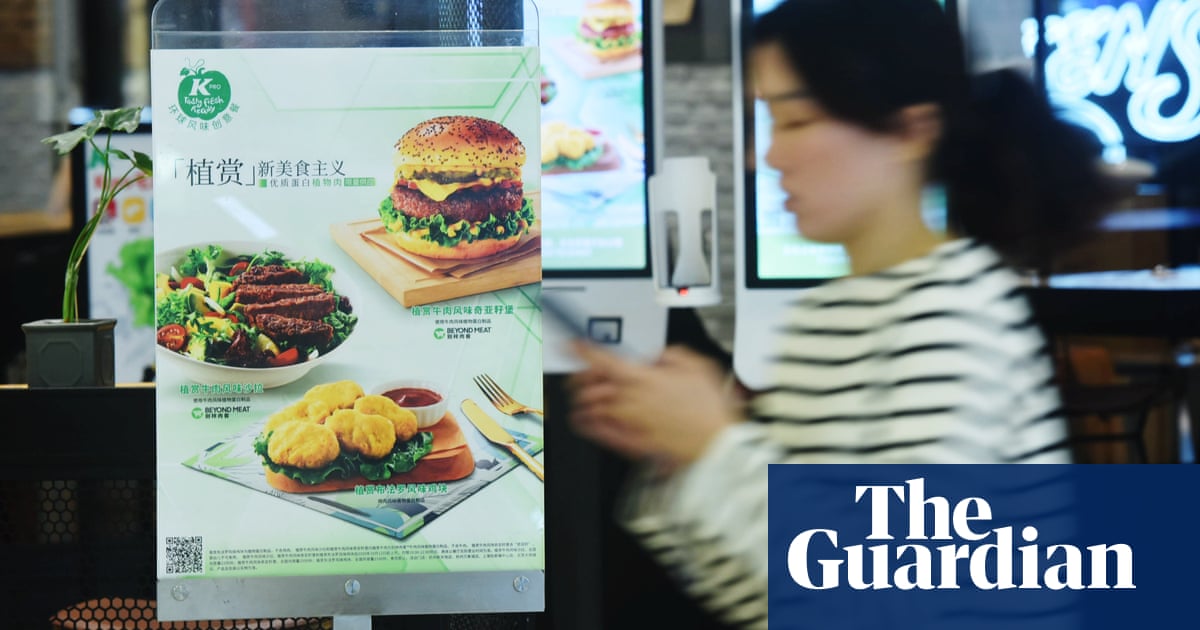

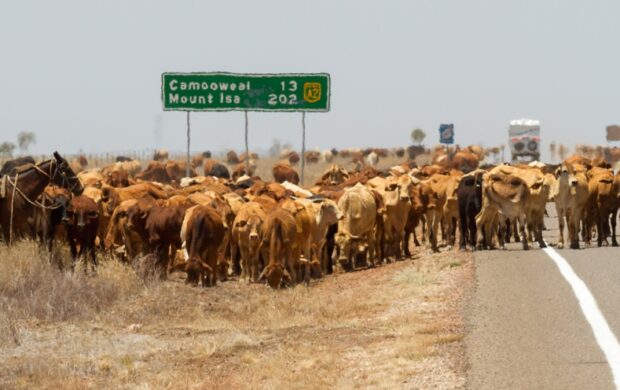
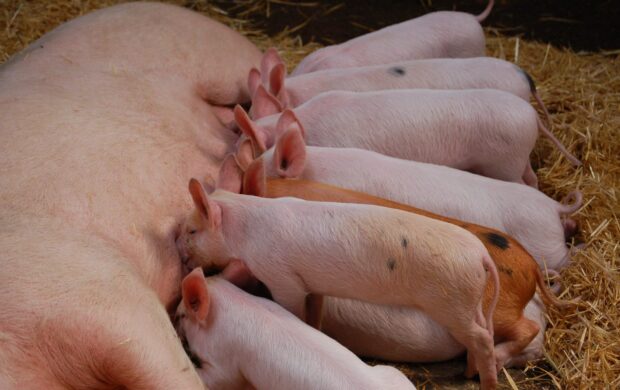
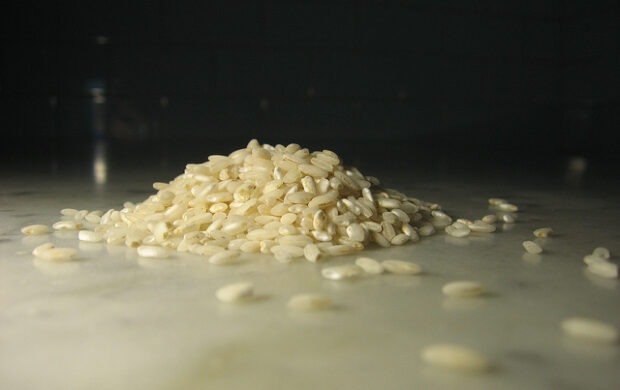
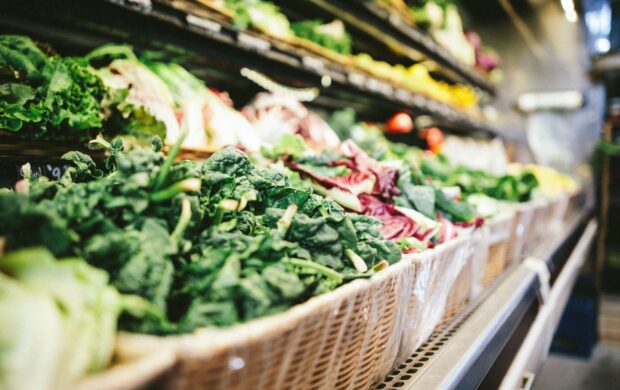




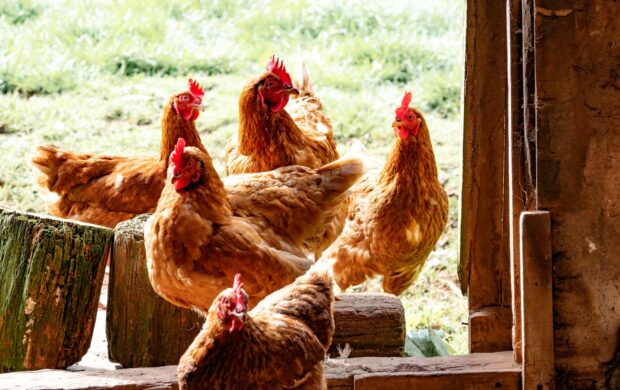

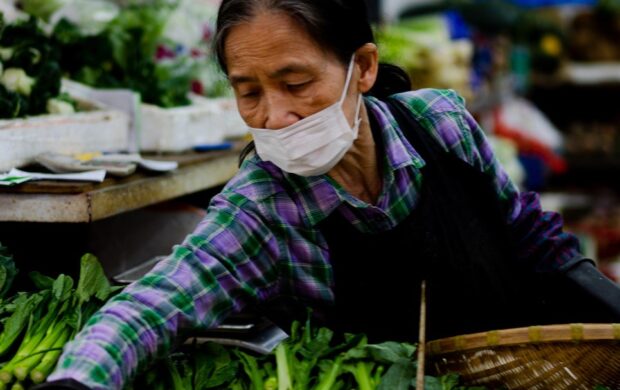


Join discussion